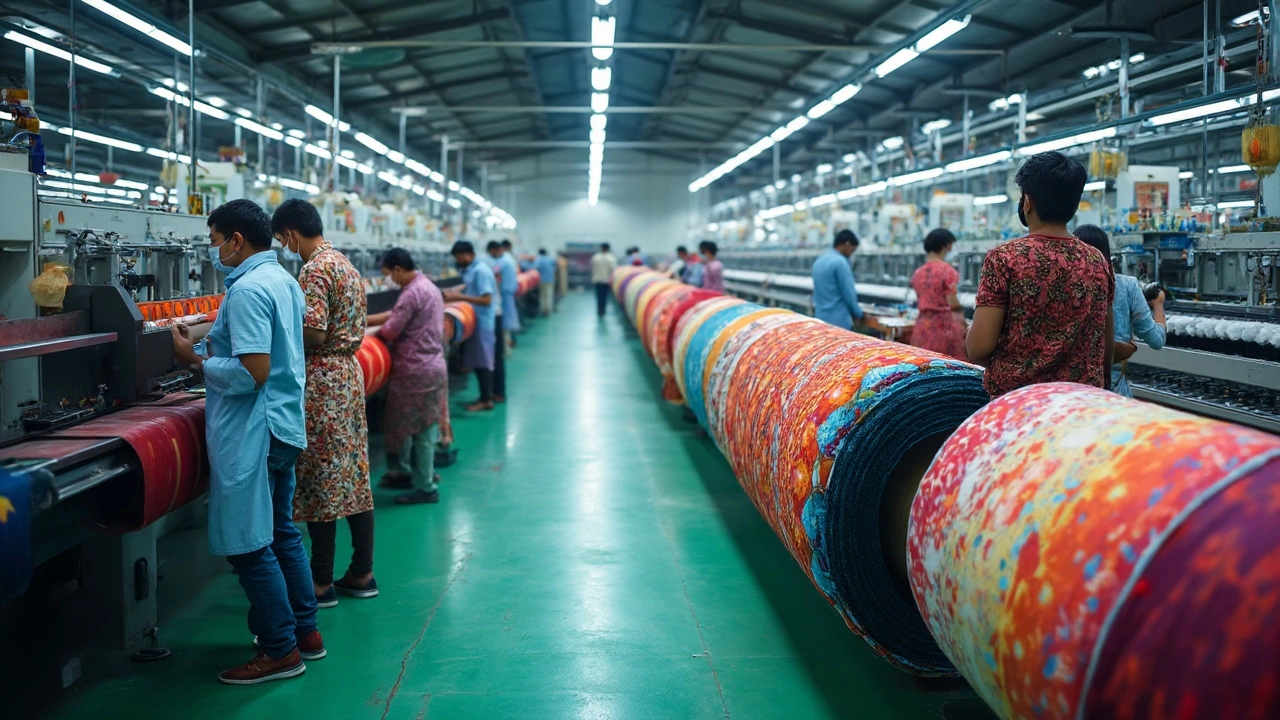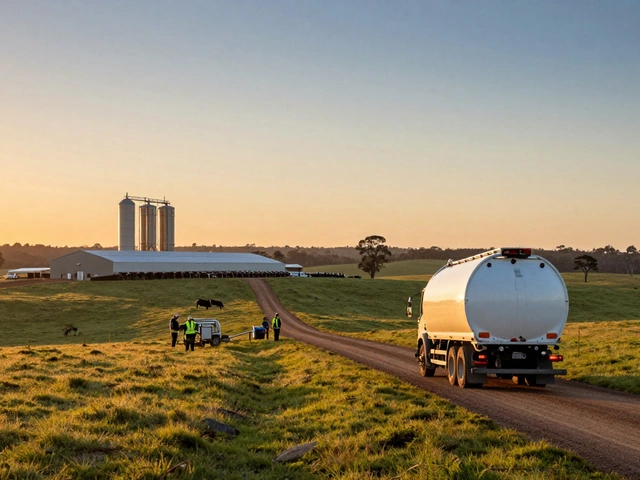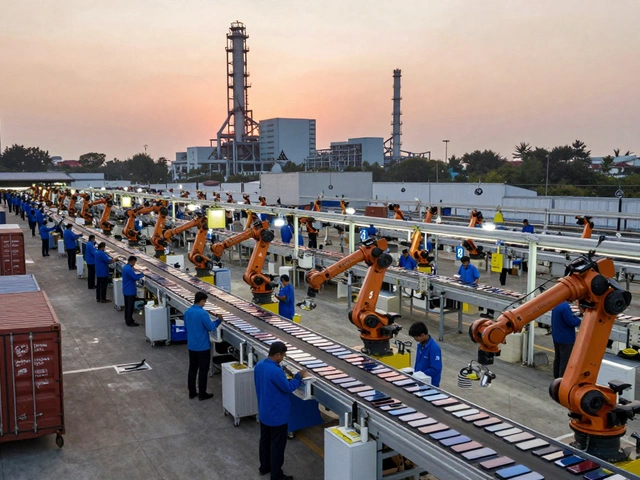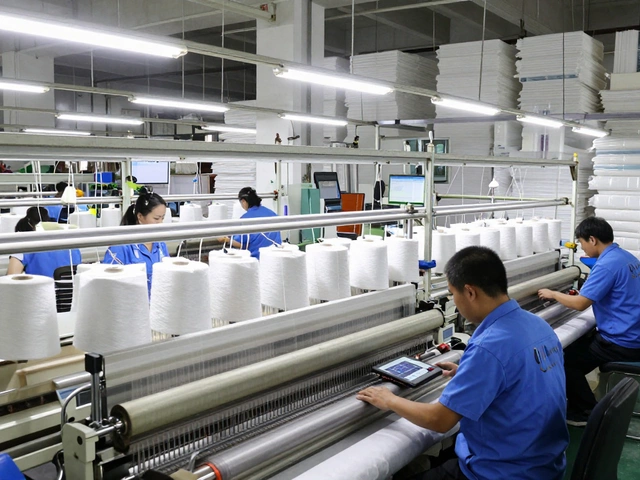Reliance Industries – Powering India’s Manufacturing Future
When you hear the name Reliance, you probably think of oil, telecom or retail. What many miss is how deeply the group has sunk its roots into India’s manufacturing landscape. From petrochemicals to renewable energy, Reliance runs a network of plants that touch almost every industrial sector.
If you’re a supplier, a startup, or just curious about where the next big opportunity will pop up, knowing Reliance’s moves can give you a clear advantage. Their decisions on capacity upgrades, new product lines, or digital tools often set trends that ripple through the whole supply chain.
Why Reliance matters to manufacturers
Reliance’s petrochemical complexes in Jamnagar are among the world’s biggest. That means they buy raw materials in huge volumes and need a steady stream of components – everything from pipe fittings to specialized catalysts. Small manufacturers who can meet those standards find a reliable customer for years.
The group also runs massive polymer plants that feed the packaging, automotive, and construction markets. When Reliance launches a new polymer grade, it creates a wave of demand for processing equipment and quality‑control services. Getting on the supplier list early can lock in long‑term contracts.
Key areas where Reliance is leading
Renewable energy. Through its Jio platforms and new green‑hydrogen projects, Reliance is building a clean‑energy ecosystem. Manufacturers of solar panels, battery packs, and energy‑storage tech see a growing market as Reliance upgrades its own plants.
Digital manufacturing. The company’s partnership with cloud providers brings AI‑driven monitoring to its factories. This pushes the industry toward smarter production lines, and firms that offer IoT sensors or data‑analytics services are suddenly in high demand.
Consumer goods diversification. Reliance’s foray into food, personal care, and fashion means they need new packaging solutions, formulation labs, and textile manufacturing capabilities. Suppliers that can adapt quickly to changing product specs often become preferred partners.
Another practical tip: watch Reliance’s quarterly reports. The sections on “capacity expansion” and “new ventures” usually list the exact plant locations and the types of equipment they plan to install. That lets you target regional manufacturers or logistics firms that can support those projects.
Reliance also runs a fast‑track procurement platform for SMEs. Signing up as a vendor isn’t as complicated as you might think – you just need proper certifications and a track record of on‑time delivery. Once you’re in, the platform pushes new tenders directly to you.
From a career perspective, anyone looking to work in advanced manufacturing should keep an eye on Reliance’s hiring drives. They often seek engineers with expertise in process optimisation, automation, and sustainability – skills that are increasingly valuable across the whole Indian industry.
In short, Reliance Industries isn’t just a big name; it’s a catalyst that shapes how factories operate, what products get made, and where growth will happen next. By staying tuned to their announcements, aligning your capabilities with their needs, and leveraging the digital tools they promote, you can turn a megacorp’s strategy into your own business advantage.
So, the next time you hear about a new Reliance plant or a partnership deal, ask yourself: how does this affect my supply chain, my market, or my skill set? The answer is often a direct path to new opportunities.
Largest Synthetic Textile Manufacturer in India: Who Tops the List?
India is a powerhouse in textile manufacturing, especially when it comes to synthetic textiles. This article uncovers the largest synthetic textile manufacturer in the country and how it impacts the industry as a whole. You'll get interesting facts, practical tips on sourcing, and insights on quality and sustainability trends. Discover what makes this industry tick and which company stands tall above the rest. Perfect for anyone looking to understand or connect with the Indian textile market.
Read More




